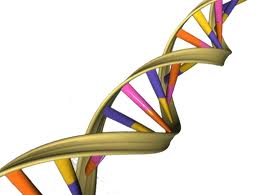Physiological wound healing is divided into the sequential, yet overlapping, stages of haemostasis, inflammation, proliferation, and remodeling. The proliferative phase is characterized by granulation tissue formation, collagen deposition, reepithelialization, and wound contraction, involving cells such as macrophages, fibroblasts, and contractile myofibroblasts, that together play a critical role in regulating the size and quality of the scar. Beta-catenin, a key mediator in the canonical Wnt signaling pathway, plays a prominent role during the proliferative phase of wound repair. Canonical Wnt signaling is mediated by a multi-protein complex, including glycogen synthase kinase-3 (GSK-3beta), which targets beta-catenin for ubiquitin-mediated degradation. Inhibition of ubiquitin-mediated beta-catenin degradation results in the cytoplasmic accumulation and subsequent nuclear translocation of beta-catenin. Binding of beta-catenin to T cell factors (Tcfs) in the nucleus forms a transcriptional activation complex that induces the expression of cell type–specific target genes, ultimately regulating the size of the scar remaining after wound repair. One of these groups of cells are myeloid cells that can exist as circulating monocytes and as tissue macrophages that contribute to haemostasis, inflammation, and acquired immunity. Macrophages are known to play a critical role in wound repair, as in their absence there is a near-complete lack of accumulation of granulation tissue. This study shows that wound granulation tissue cells with active beta-catenin/Tcf transcription express marker genes for macrophages. Using genetically modified mice and cell lineage–tracing studies, the study demonstrates that beta-catenin in macrophages is essential for normal wound repair by regulating macrophage cell motility and adhesion, ultimately controlling the recruitment of the critical cells responsible for normal repair into the wound bed. Additionally, evaluation of scar tissue collected from patients with hypertrophic and normal scars revealed a correlation between the number of macrophages within the wound, beta-catenin levels, and cellularity. Thus further indicating that beta-catenin regulates myeloid cell motility and adhesion and that BETA-catenin–mediated macrophage motility contributes to the number of mesenchymal cells and ultimate scar size following cutaneous injury.
